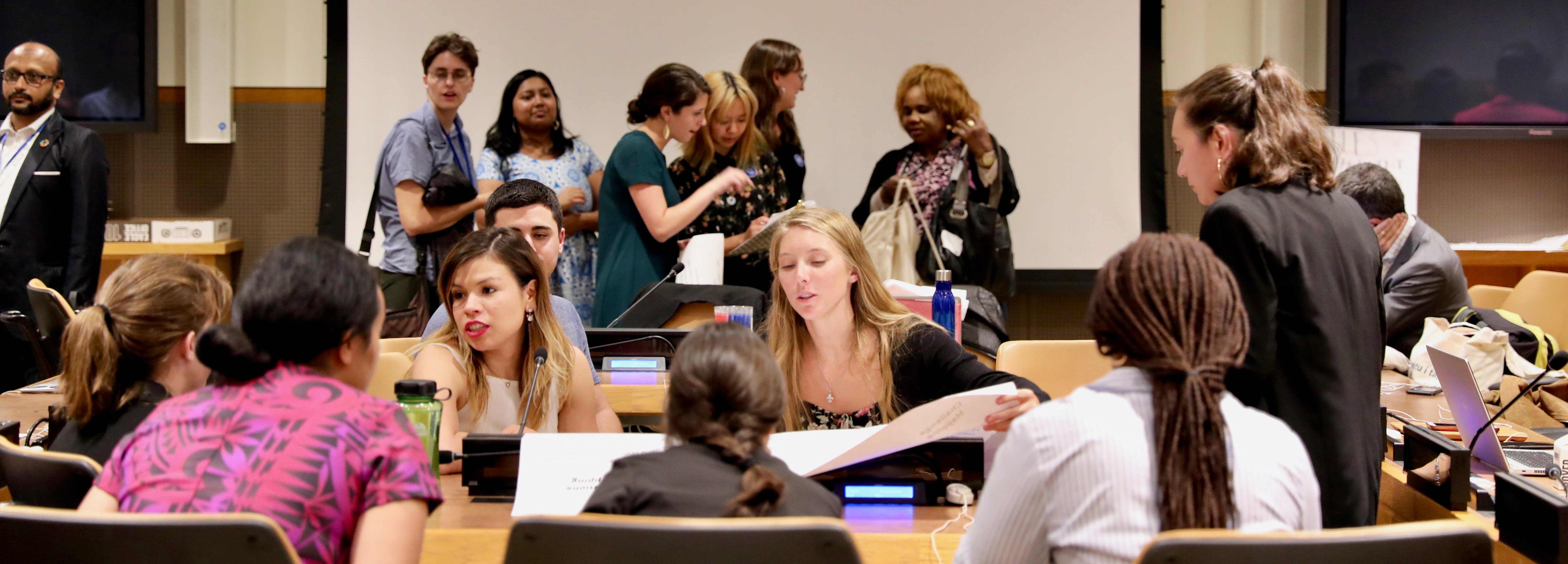
In our work at Youth Climate Lab (YCL) over the past year, we've heard a number of discussions take place around COVID-19 recovery and youth. Even so, we've seen little action on the part of institutions and governments towards the just and climate-resilient futures we know young people deserve. At the same time, we've found that young people spend so much time trying to get seats at decision-making tables, that once we finally get there, we lack the context and the skills to advocate for ambitious change.
Youth, especially from vulnerable communities, have been disproportionately affected by the COVID-19 pandemic. We are overwhelmed as a result of facing unprecedented levels of precarity in employment, education, financial security, and physical and mental health. In addition to dealing with a global pandemic and an economic crisis, youth shoulder the responsibility of climate adaptation and mitigation. Youth are outraged that climate inaction continues to pervade decision-making spaces, including in regards to a green and just recovery from COVID-19. However, youth are optimistic and understand that we have a once-in-a-generation opportunity for transformative change with the potential to radically shift skills-building, policy, and finance, and elevate the role of youth – while tackling the climate emergency.
Because of this, YCL partnered with Connect4Climate to design and deliver a session for Innovate4Climate's Young Climate Innovators program. Our workshop equipped young people with knowledge about the current state of play on youth, climate action, and COVID-19 recovery, and sparked creative discussion around existing barriers and effective solutions – all with the goal that they would feel prepared to engage with decision-makers throughout the rest of the conference, and in their own work going forward.
Takeaways—High-Level
-
Both bottom-up and top-down approaches are needed to take action at the scale and scope that we need.
-
However, individualization limits the community organization and mobilization that is possible. The focus on personal responsibility and profit must shift towards centring wellbeing, designing systemic interventions, and implementing measures of accountability.
-
Youth must be actively included in decision-making processes to:
-
inform the whole of economy/government/institution strategies;
-
prevent the silo-ing of "youth" or "green" policies; and,
-
break down barriers to additional youth involvement.
-
-
Comprehensive climate education, including basic knowledge of climate change, awareness of the social and economic benefits of climate solutions, policy literacy, and opportunities to engage with climate work, policies, and investment are critical.
-
A shift in how individuals and institutions view and value youth, our lived experiences, and our contributions is foundational to achieving anything.





